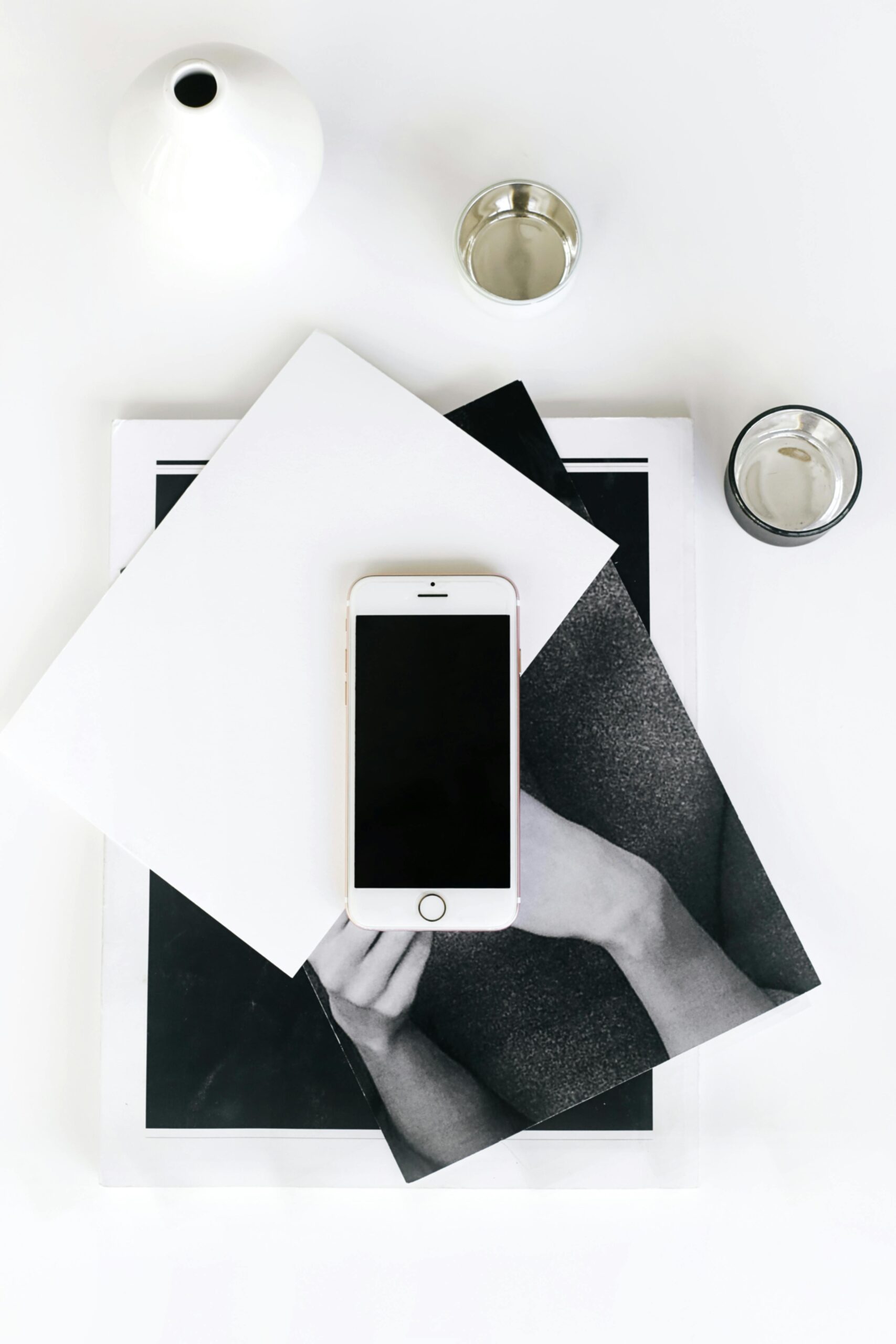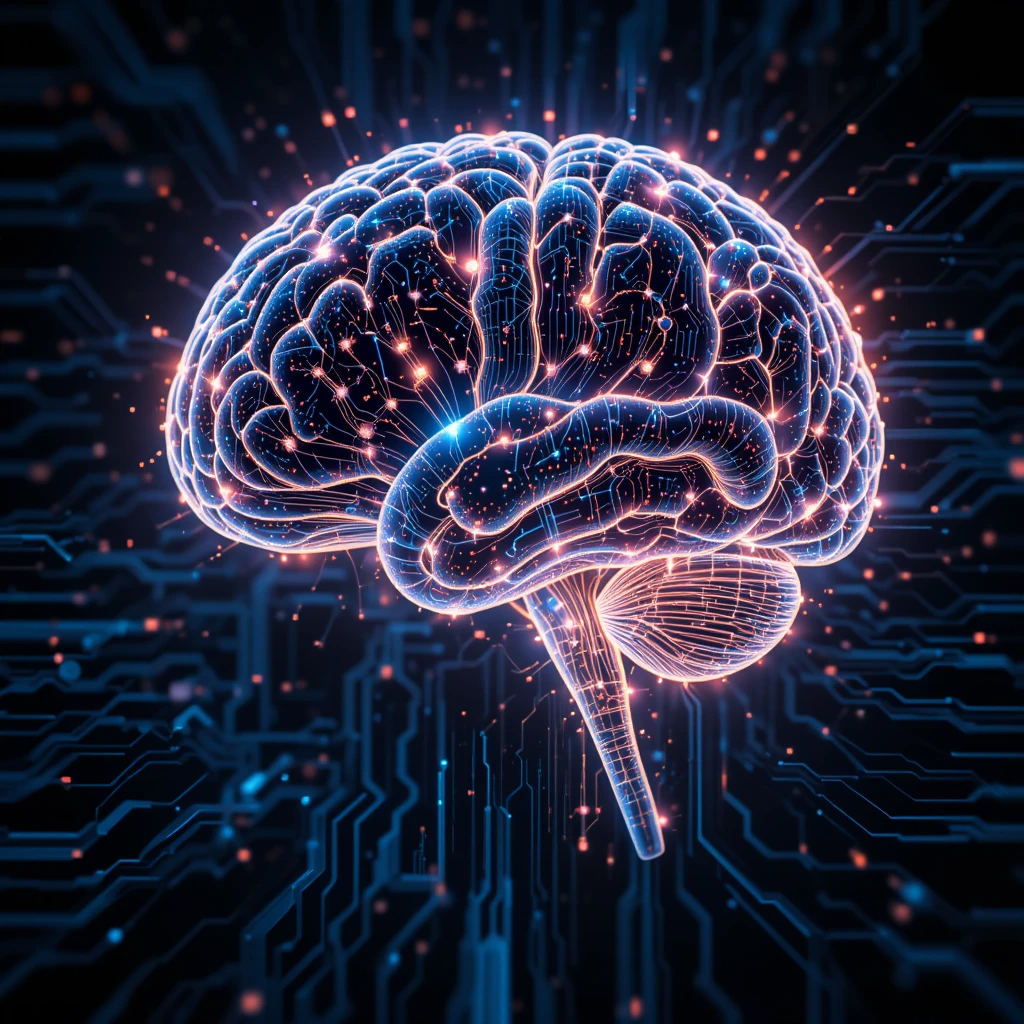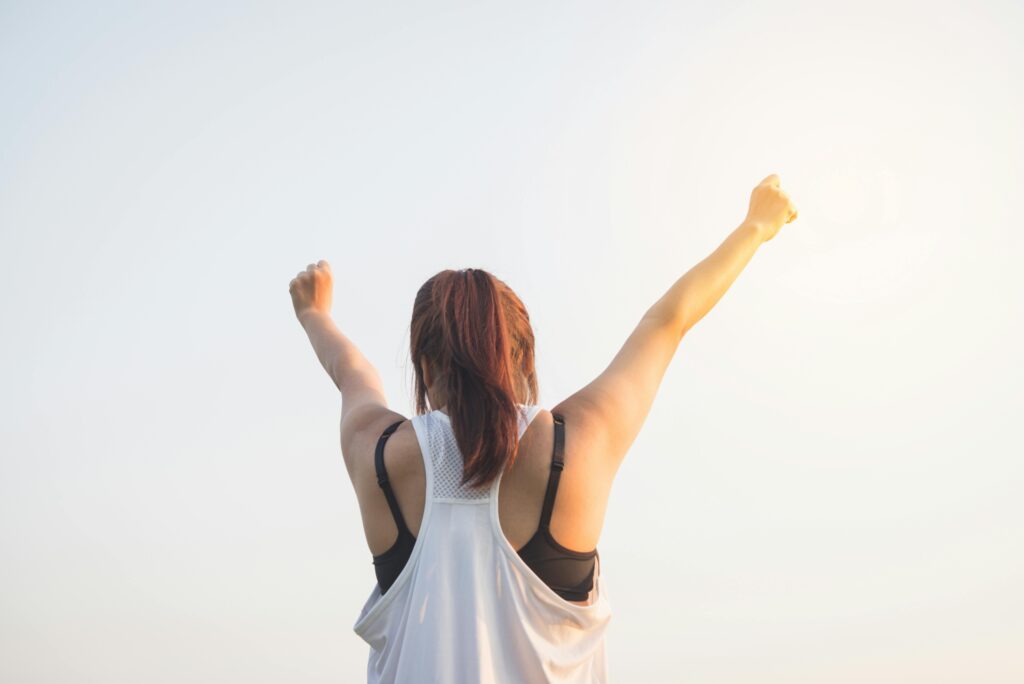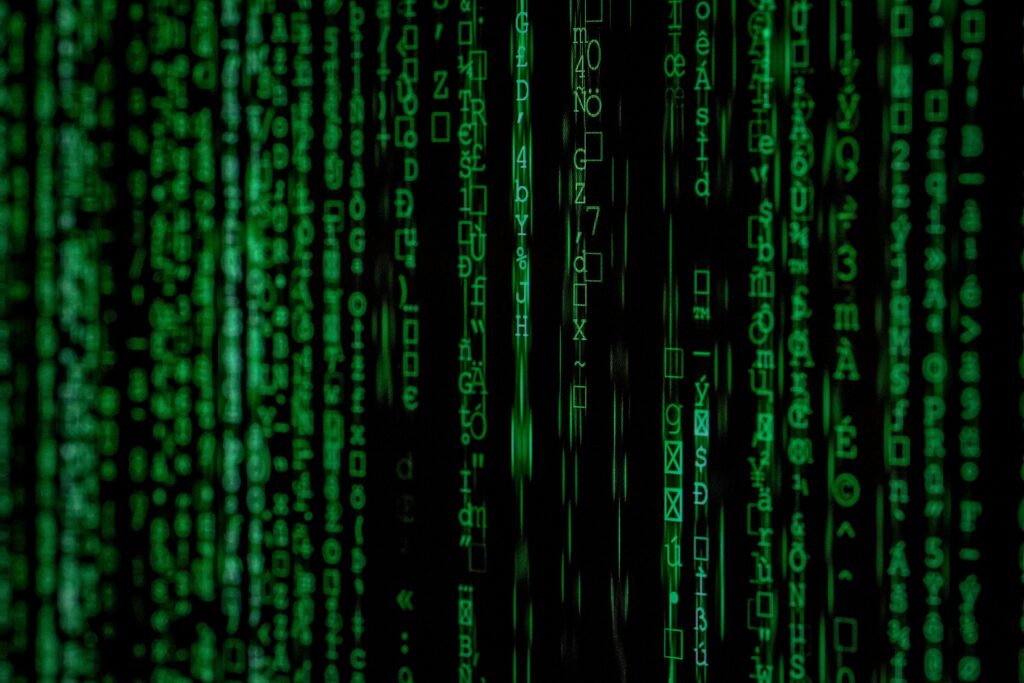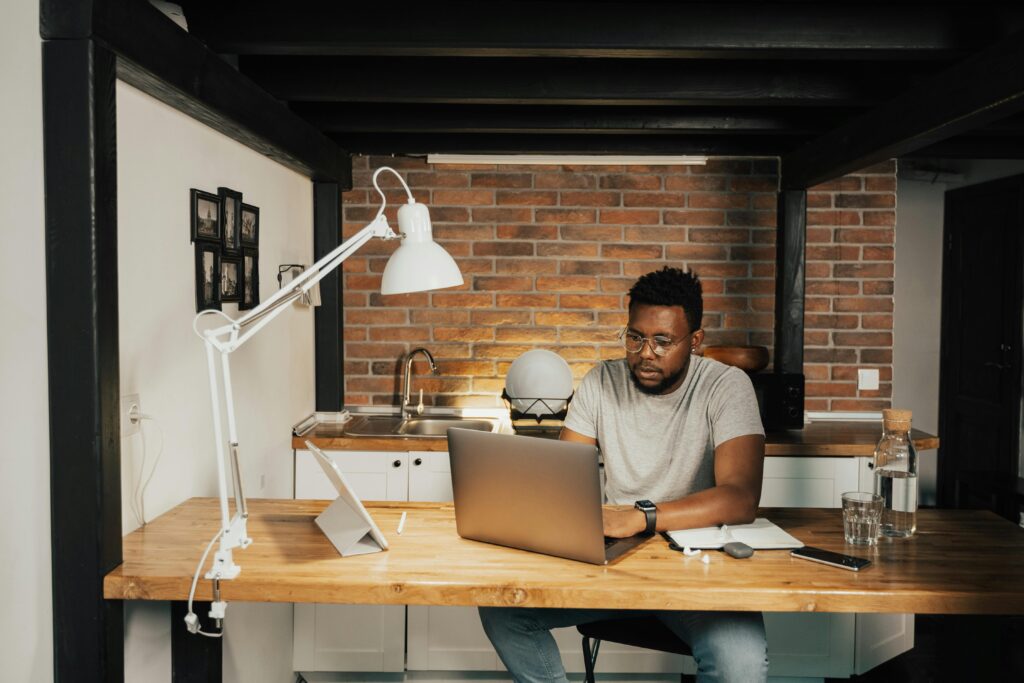Introduction: Why Digital Minimalism Matters More Than Ever
In a world constantly buzzing with notifications, emails, apps, and endless scrolling, one powerful idea is gaining ground — digital minimalism. It’s not about deleting everything or going offline forever; it’s about being intentional with your digital use to create space for what truly matters.
As we step further into 2025 — with AI-powered feeds, wearable devices, and nonstop information — the art of simplifying your digital life is more important than ever. This article explores what digital minimalism is, how it helps, and how you can practice it daily.
What is Digital Minimalism?
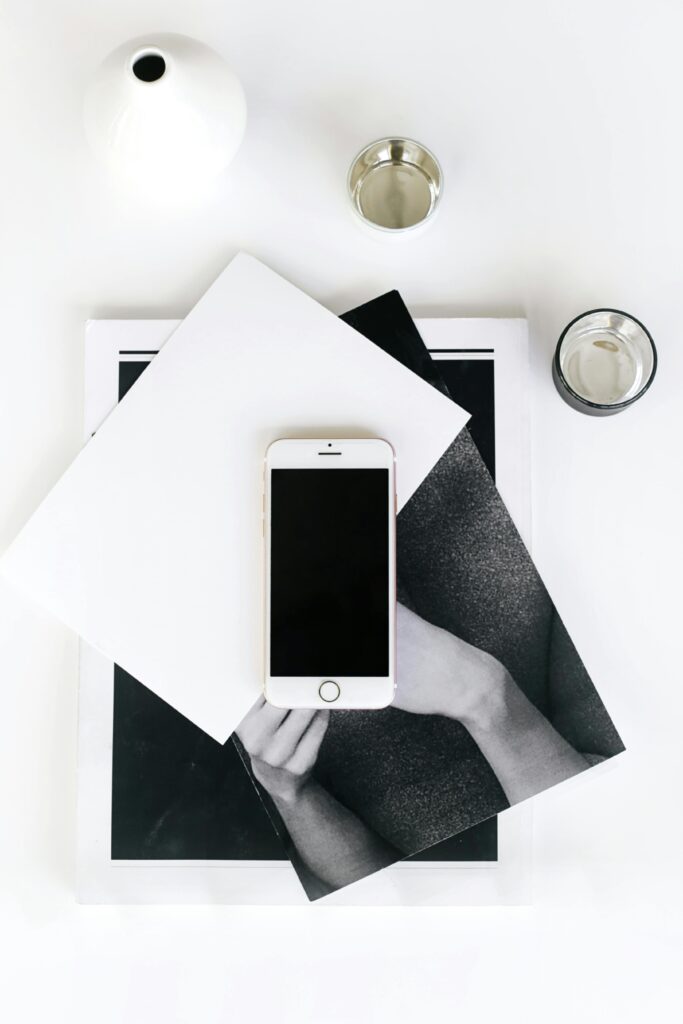
Digital minimalism is the practice of using technology more mindfully and intentionally, cutting out digital clutter, and focusing only on digital tools that add real value to your life.
Coined and popularized by Cal Newport, the idea encourages:
-
Using fewer apps
-
Reducing screen time
-
Eliminating distractions
-
Regaining control over time and attention
Signs You Need Digital Minimalism
Ask yourself:
-
Do you check your phone first thing in the morning?
-
Do you feel anxious when not online?
-
Do you mindlessly scroll for hours without meaning to?
-
Is your productivity suffering due to distractions?
If you said yes to most of these, it’s time for a digital reset.
Benefits of Digital Minimalism
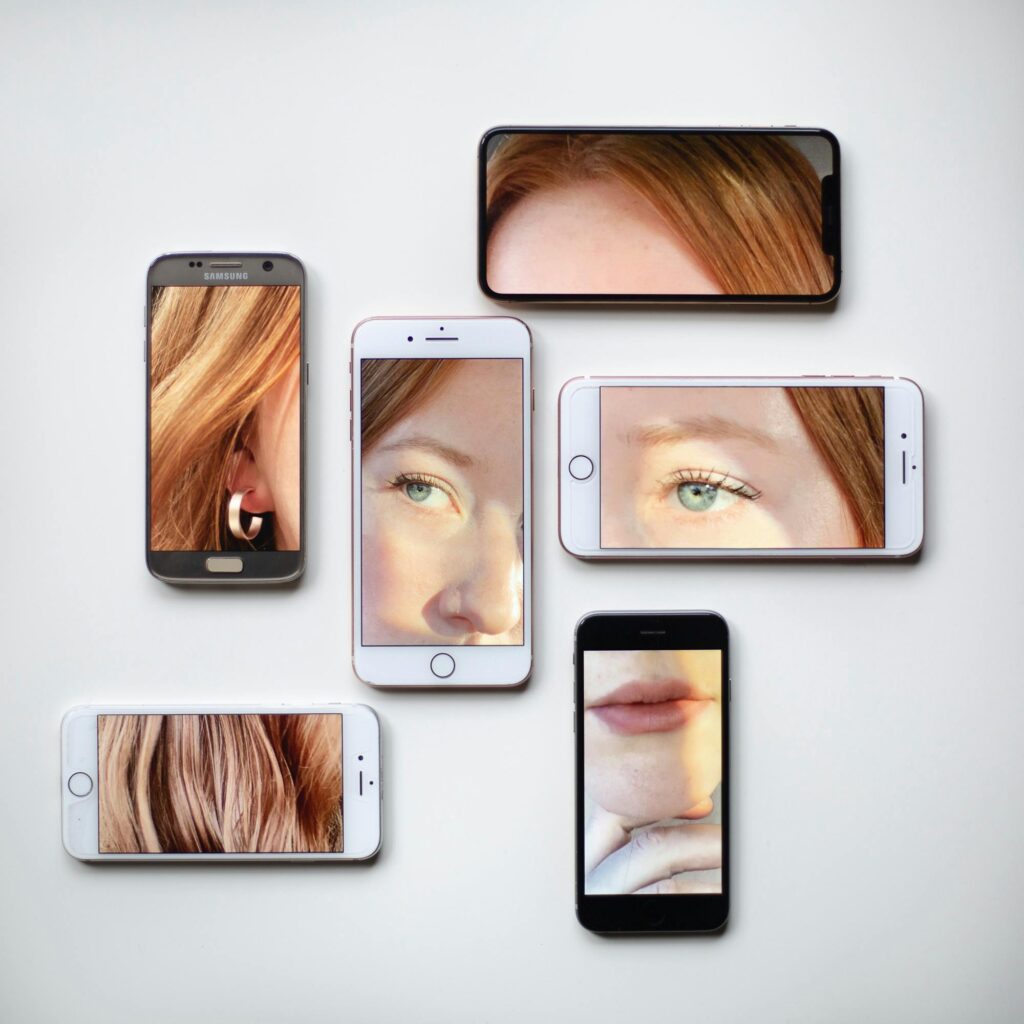
✅ More Time for hobbies, real-world conversations, and self-care
✅ Better Focus and deeper work
✅ Reduced Anxiety from information overload
✅ Improved Sleep by limiting screen exposure
✅ Mental Clarity from a decluttered mind
The Psychology Behind It
The human brain wasn’t built to handle constant input from hundreds of apps and notifications. Dopamine spikes from likes, messages, and content overload leave us mentally drained.
Digital minimalism helps rewire your brain to:
-
Seek focus over novelty
-
Rest instead of doomscroll
-
Make deliberate, thoughtful decisions
Step-by-Step Guide to Digital Minimalism
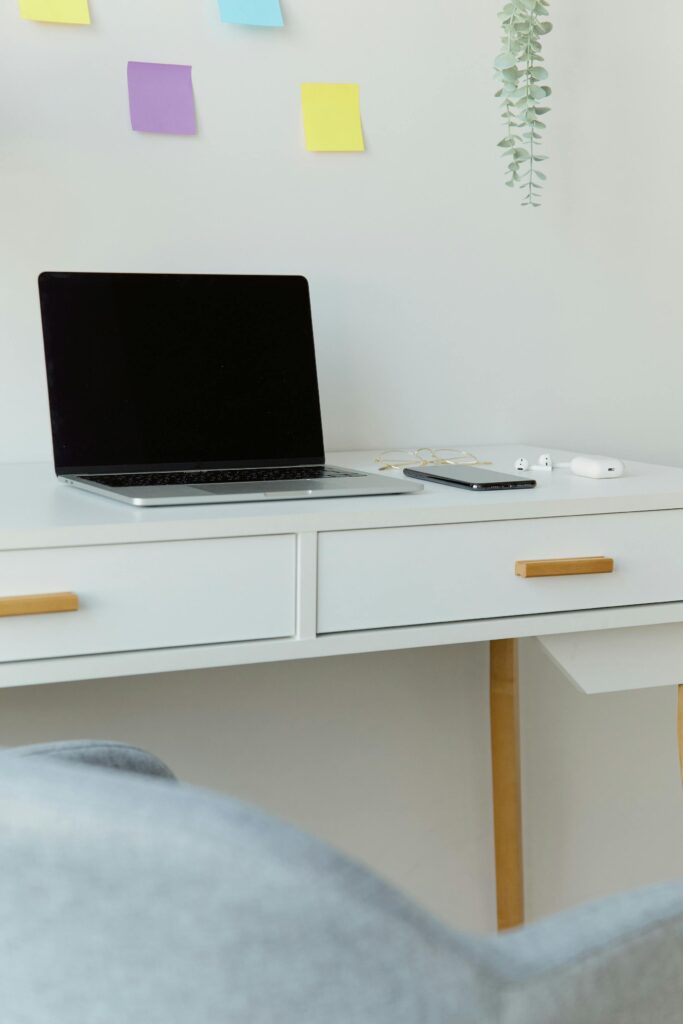
1. Audit Your Digital Life
Make a list of:
-
Apps you use daily
-
Websites you frequently visit
-
Digital tools that waste time
Remove or restrict what isn’t essential.
2. Perform a 30-Day Digital Declutter
Inspired by Cal Newport’s challenge:
-
Remove non-essential apps
-
Avoid entertainment scrolling
-
Use only tools critical for work or wellbeing
-
After 30 days, reintroduce only what adds real value
3. Use the “Digital Rule of 3”
Each day, allow:
-
1 hour for essential online tasks
-
1 hour for intentional entertainment
-
All other time screen-free
This keeps your screen habits balanced.
4. Create Tech-Free Zones
Designate areas like:
-
Bedroom
-
Dining table
-
Outdoor spaces
…as no-phone zones. This improves real-life connections and relaxation.
5. Use “Dumb” Tech Smartly
-
Try an e-ink tablet like reMarkable for notes
-
Use an alarm clock instead of your phone
-
Switch to basic phones on weekends for true detox
6. Set Notification Limits
-
Turn off all non-essential notifications
-
Use Focus Modes on Android/iOS
-
Batch-check email/socials twice a day instead of constantly
7. Be Intentional With Social Media
-
Follow fewer accounts
-
Uninstall apps you check obsessively
-
Use browsers instead of apps (adds friction = less usage)
-
Schedule posts ahead instead of reacting in real time
Tools That Support Digital Minimalism
-
Freedom App – Blocks distracting apps/sites
-
Forest App – Gamifies focus sessions
-
Minimalist Phone Launchers – Simplify your home screen
-
Readwise – Keeps meaningful content organized
-
RescueTime – Tracks digital usage habits
Digital Minimalism at Work
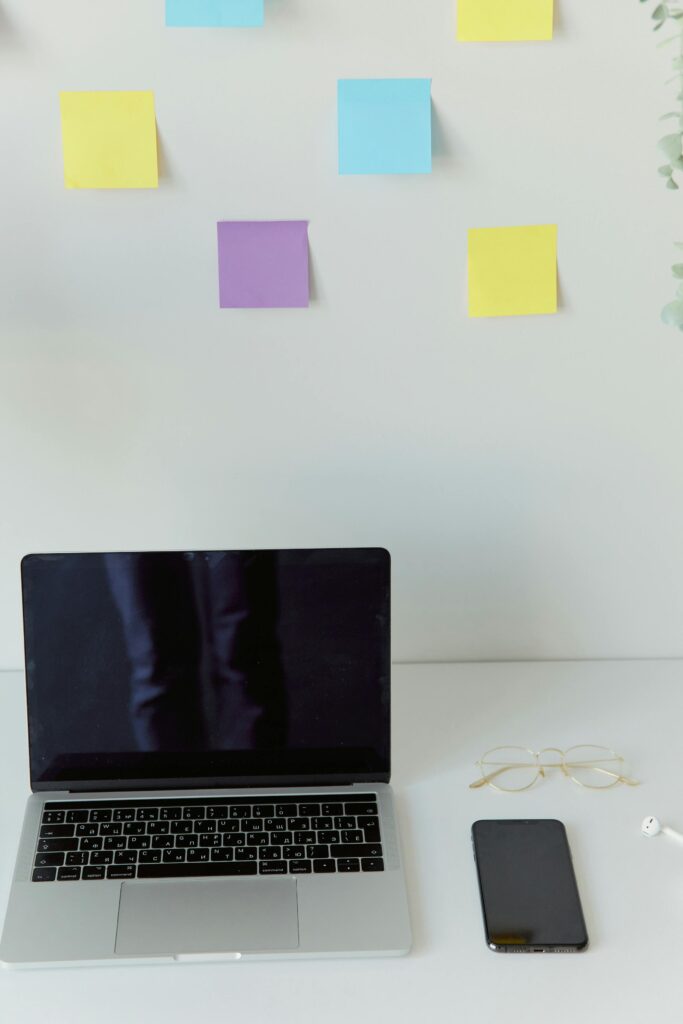
In 2025, digital burnout is real — especially in remote jobs. Apply these at work:
-
One-tab rule: Only one browser tab open at a time
-
Asynchronous communication over instant messaging
-
Dedicated email slots instead of constant inbox checks
-
Batch meetings: Limit to two days per week
This boosts deep work and productivity.
Combine with Other Minimalist Practices
Digital minimalism works even better with:
-
Mindfulness meditation
-
Physical decluttering
-
Daily journaling
-
Digital sabbath (a day offline every week)
This creates whole-life balance, not just screen balance.
Digital Minimalism Statistics (2024–2025)
-
64% of users feel “overwhelmed” by their devices (TechCrunch)
-
39% of Gen Z are actively deleting social media apps
-
Google searches for “digital detox” increased 220% in 2024
-
78% of people who try digital minimalism report higher happiness
Famous Supporters of Digital Minimalism
-
Cal Newport – Author of “Digital Minimalism”
-
Jack Dorsey – Promotes device-free meditation
-
Chris Hemsworth – Known for digital detox lifestyle
-
Emma Watson – Shares digital wellness practices
Digital Minimalism for Creators and Bloggers
If you’re a content creator or blogger, you don’t need to be online all day to succeed:
-
Schedule content ahead of time
-
Set fixed hours for engagement
-
Prioritize email lists and long-form content over viral posts
-
Track analytics once a week — not daily
Less noise = more creativity.
Quotes to Inspire Digital Decluttering
“Clarity comes from within, not from your feed.”
— Anonymous
“You don’t need to delete everything — just choose better.”
— Cal Newport
“Digital minimalism isn’t anti-tech. It’s pro-intention.”
— Digital Wellness Collective
Conclusion: Digital Minimalism is the Future of Balance
In an age where attention is the most valuable currency, reclaiming it through digital minimalism isn’t just smart — it’s essential. It’s not about rejecting technology but redefining your relationship with it.
As you embrace a more intentional digital life in 2025, you’ll find more peace, productivity, and purpose — one notification-free day at a time.
